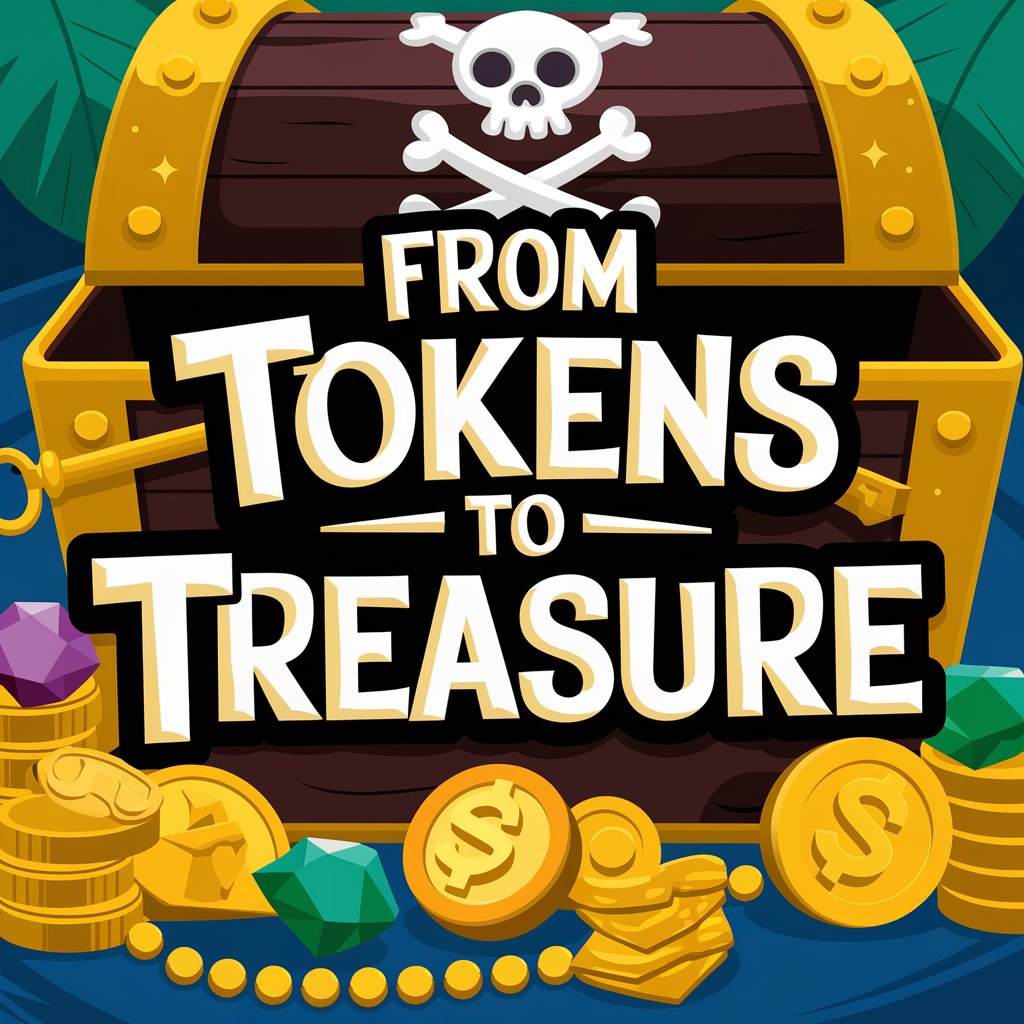Video games have become more than just entertainment—they’re immersive universes where players not only conquer challenges but also manage currencies. Game currencies, the lifeblood of many virtual economies, have revolutionized the gaming industry. However, as with any financial system, they come with their own set of challenges and risks. Understanding how to navigate these waters is crucial for gamers looking to enjoy their experience while safeguarding their wallets.
What Are Game Currencies?
Game currencies are the digital money used within video games for transactions such as purchasing in-game items, character upgrades, or skins. These currencies can take many forms, from tokens earned through gameplay to premium currencies bought with real-world money. While they enhance the gaming experience by providing customization and progression opportunities, they often introduce complex spending ecosystems.
Challenges in Managing Game Currencies
The lack of open pricing is one of the major problems. Games often employ tactics like “bundling” premium currencies, making it hard for players to discern the actual cost of an item. For example, purchasing 1,000 gems for $9.99 may not cover the cost of an item priced at 1,200 gems, nudging players toward spending more.
Another concern is impulsive spending. Many games are designed with psychological triggers, such as limited-time offers or flashy animations, to encourage impulsive purchases. Without careful budgeting, players can quickly find themselves overspending.
Furthermore, the rise of microtransactions and loot boxes has introduced a gambling-like element. As revealed by CyberGhost (CG), understanding the risks associated with game currencies is essential for maintaining a safe and enjoyable gaming environment.
Safety Tips for Gamers
To enjoy gaming without falling into financial pitfalls, consider the following tips:
- Set a Budget: Decide on a monthly gaming allowance to prevent overspending.
- Understand Conversion Rates: Always calculate the real-world value of game currencies to make informed decisions.
- Avoid Impulse Buys: Take a moment before making a purchase, especially during limited-time sales.
- Enable Parental Controls: For younger gamers, parental controls can restrict unauthorized purchases.
- Stay Informed: Research the game’s monetization model and be aware of its tactics.
The Future of Game Currencies
As the gaming industry continues to grow, so will the complexity of game currencies. Developers are likely to experiment with blockchain technology, introducing cryptocurrencies and NFTs into gaming. While this may provide new opportunities, it also adds layers of complexity and potential risks. Gamers should remain vigilant and prioritize financial literacy within virtual worlds.
Conclusion
Game currencies are a fascinating and complex aspect of modern gaming that add depth and engagement to the player experience. These virtual currencies, whether earned through gameplay or purchased with real money, are integral to unlocking features, customizing characters, and advancing in many games. However, their intricate design often includes monetization strategies that can be both enticing and challenging to navigate. Understanding these dynamics is essential for maximizing enjoyment while minimizing potential pitfalls like overspending or falling into exploitative mechanics.
To make the most of game currencies, players need to adopt a proactive and informed approach. This means familiarizing themselves with the game’s economy, understanding the value of virtual items, and discerning between essential and non-essential purchases. Additionally, maintaining discipline in spending can prevent impulsive decisions that may lead to regret or financial strain. By being strategic and deliberate, players can enjoy a more fulfilling gaming experience without feeling manipulated or pressured.
As virtual economies continue to evolve, staying ahead of the curve has become increasingly important. Game developers are constantly innovating new ways to engage players and monetize their creations, making it crucial for gamers to stay informed about emerging trends and practices. Whether through community discussions, updates from developers, or personal research, knowledge is the ultimate tool for gaming smarter. By remaining vigilant and adaptable, players can ensure they enjoy their favorite games to the fullest while making thoughtful, value-driven spending decisions.




